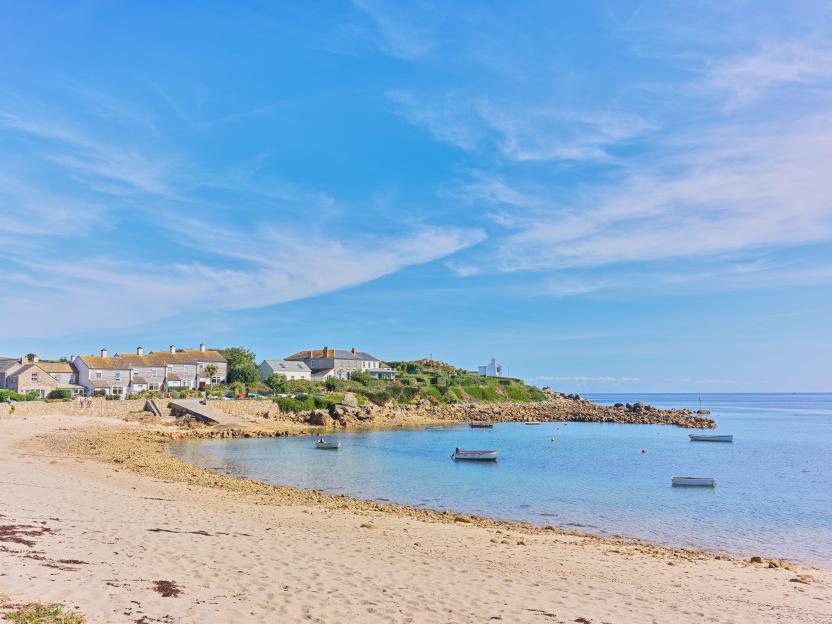EXTREME day trips are the latest travel trend, in a bid to save money on hotels.
But the ‘money-saving’ travel trend could actually end up leaving you out of pocket.
 An extreme day trip could cost you thousands if you make this mistake
An extreme day trip could cost you thousands if you make this mistakeAccording to Saga Travel Insurance , there are some hidden risks to ‘extreme day trips’.
One of the biggest concerns is that if trip doesn’t has an overnight stay or lasts less than 24 hours, many travel insurance policies won’t provide cover.
Michelle Cooper, director of Travel Insurance at Saga, said: “We’re seeing more people embrace extreme day trips: short, high-intensity trips where you fly out and back in the same day, especially around .
“But what many don’t realise is not all travel insurance policies provide cover for trips under 24 hours or those without an
“ should take caution, as it’s an easy detail to overlook and even whirlwind getaways come with risk â like flight delays, cancellations or medical emergencies.
“In some cases, however, Saga may offer cover for independently booked or excursions if your extreme day trip is impacted.
“Regardless, we always recommend checking your policy carefully before booking this kind of trip and being aware of the risk.”;;
If you are caught in a situation where you need medical attention, but have no travel insurance, you could be left out of pocket by having to pay emergency medical bills.
This could be hundreds of pounds, if not thousands.
Brits are also slow to purchase their travel insurance.
Around 16 per cent of British holidaymakers don’t buy travel insurance for abroad at all and up to 40 per cent buy a last-minute policy â risking being out of pocket and without a holiday.
Only a third of holidaymakers buy travel insurance at the right time according to Michelle.
Michelle said: “You’ll never know how important travel insurance is unless you need to make a claim.
“This could be before you go, if your trip must be cancelled because of an unexpected event, while you’re away, if you’re taken ill, or have an accident and need medical treatment, or even when you get back, if your
According to Michelle, the best time to buy your travel insurance is right after you’ve
Michelle continued: “Protecting your plans in the run-up to your holiday is just as important as when you’re there.
“We recommend getting a policy that includes cancellation cover so you’re protected if you can’t go due to illness or there’s an unexpected turn of events, like your cancels your booking.”;;
She also warned that some providers might not let you make a claim in the first 24 or 48 hours of taking out a policy.
So if you need to make a claim on the first couple of days of your holiday, but only bought it the day before you travel â you wouldn’t be covered.
For the five per cent who purchase travel insurance during their , Michelle said: “It still might not be too late once you’ve arrived at your destination.
“Some providers sell ‘post-departure insurance’, but this could come at a premium and with certain limitations.
“It won’t cover you for anything that might have gone wrong already, but it may prove valuable later in your trip.”;;
She also reminded that it is important to declare pre-existing medical conditions.
One woman took
Plus, a







